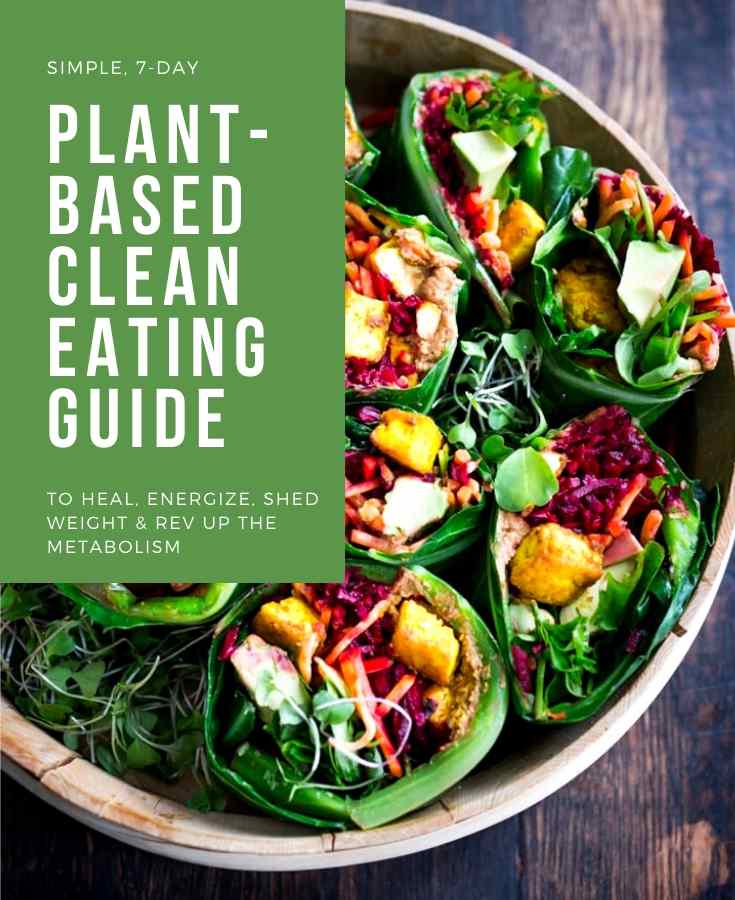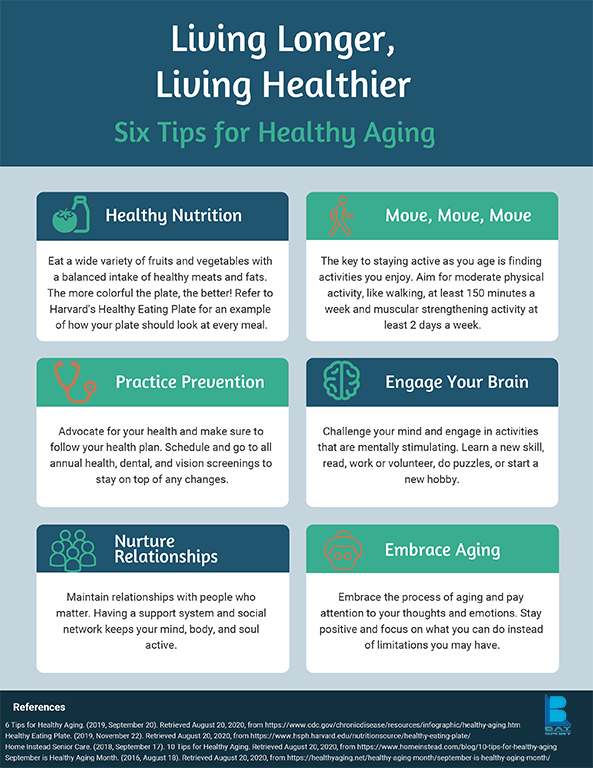
A healthy lifestyle and limiting your sugar intake are the best diabetes prevention tips. These simple changes can make a huge difference in your overall health and longevity. If you're prone to diabetes, losing even a small amount of weight can delay its onset. You can reduce your chance of getting diabetes by following these steps. These changes will also help you live longer. They are very easy to do. You can start today by implementing these simple habits.
Preventing the disease requires a low-fat, high-fiber diet. Saturated fats can be avoided, but consuming more fiber can help you control your blood sugar. Eating a healthy diet rich in fruits and vegetables, nuts, beans, and whole grains is an important part of a healthy diet. Don't forget to include plenty of exercise into your day. You can find something new each week that is fun and engaging.

Another way to lower your risk of developing diabetes is by making sure you're getting enough exercise. It's difficult for most people to exercise on a regular basis, so it is important to get moving as soon as possible. Start exercising only once per week if this is your first time. Walking for a good distance is a great way to tone your body and lose weight. Stop smoking. Smoking is not something to be ashamed of as it can lead to diabetes.
Nuts are a great option for those who can't give up soda. They are high-protein and healthy fats so they will keep you full until your dinnertime. They are high in monounsaturated fatty acids, which have been shown reduce your risk of developing type II diabetes. You can chew nuts to avoid the refined carbohydrate content of junk foods. Nut-free snacks aside, walnuts can be eaten regularly to keep blood sugar levels in the normal range. This will prevent you from snacking.
Reduce sweets intake and reduce carbohydrate intake. A high-fiber diet is essential to keep blood sugar levels in check. A healthy diet should include plenty of vegetables. The higher the fiber content of fruits and veggies, the better. Moreover, the more fiber you eat, the better your chances are of preventing type 2 diabetes. Exercising regularly is the best tip to avoid diabetes. Even 30 minutes of moderate exercise each day will prevent you from getting diabetes.

Avoid trans and saturated fats. These fats are very dangerous for your health and should be avoided. Instead, you should eat unsaturated fats such as olive oil and fish. Additionally, you should cut back on alcohol and use tobacco. These can lead to insulin resistance and blood sugar elevation. Read on for diabetes prevention tips! Share this information with others. You'll be thankful you did.
FAQ
How many calories per day should I consume?
This varies from person to person. On average, 2000 to 2500 calories are consumed per day. It's important to assess your life style, gender, age and height in order to determine how much calories you need.
Is it true that overeating protein causes kidney stones?
Protein helps maintain healthy bones and tissue. Over-consuming protein can result in calcium being excreted through the kidneys. This can cause kidney stones.
Not everyone who eats more than 2g of protein per kilogram (2.2 lbs) of bodyweight will get kidney stones. People can eat large amounts of protein and not get kidney stones.
Watching your sodium intake can help prevent kidney stones. Sodium is important for maintaining the body's water balance. Too much sodium results in a higher risk of developing kidney stones.
You can also try reducing your protein intake if you get kidney stones. Protein accounts for about half the daily caloric requirement of most adults. A reduction in protein intake will likely result in weight loss.
If you do decide to eat more protein, don't go overboard. Do not eat more than 20% of your daily calories from protein.
What Is The Best Workout For Men Over 40?
Older men often have more energy and stamina when they exercise.
It is important to note that most people over 40 experience a loss of testosterone in their bodies, resulting in lower sex drive.
This doesn't mean that you shouldn't still engage in physical activity. Research has shown that exercise regularly can increase testosterone in men.
If you are looking to improve your sexual performance, an aerobics workout is the best option.
Statistics
- According to the American Heart Association, blood pressure should be checked at least once every two years, beginning at age 20. (my.clevelandclinic.org)
- Cardmembers earn 5% Back at Amazon.com with a Prime Credit Card. (amazon.com)
- According to the American Academy of Dermatology (AAD), men over 50 are at a heightened risk of developing it. (healthline.com)
- 10 pounds in a month is likely during a lean bulking phase, especially for beginners. (muscleandstrength.com)
- Get free shipping and 25% off today. (healthline.com)
External Links
How To
How do I lose fat by exercising?
Exercise can help you burn calories and increase your metabolism.
You'll lose weight safely if you exercise at moderate intensity.
These are the top tips for burning fat while you exercise.
-
Cardio exercises include swimming, running or cycling.
-
Three times per week, exercise for 30 minutes.
-
If you want to lose more weight, add strength training to your routine.
-
Avoid intense training. You can build muscle without breaking down muscle tissue.
-
During exercise, drink plenty of water. Water helps to flush out toxins from the body and maintains proper hydration.
-
After working out, drink low-fat protein shakes. Protein shakes help repair muscles and boosts energy.
-
You can eat smaller meals throughout the day so that you don't feel hungry in between meals.
-
Don't skip breakfast! Skipping breakfast can leave you feeling tired and sluggish.
-
Take care of your mind. Stressful situations can slow down metabolism.
-
Keep a positive attitude. Studies show that people who believe they are overweight gain more weight then those who think they are attractive.
-
Get enough sleep. It is harder to lose fat if you don't get enough sleep.
-
Keep active. Make sure you get up and move every hour.
-
Maintain a healthy diet. A healthy diet will help you feel fuller for longer.
-
Find relaxation methods. Tenseness can cause stress hormones to break down muscle tissue.
A balanced diet provides all the nutrients necessary for growth and development.
Eat six small meals each day instead of three large ones. This allows your body time to digest what you've eaten.
You need about 500 milligrams of calcium daily to maintain strong bones. Calcium is available in dairy products like milk, yogurt, fortified soy beverages, orange juice, cereal, bread, and cereals.
Calcium is found in green leafy vegetables, beans, tofu, seeds, nuts, and cheese.
Your body needs vitamin D to absorb calcium. Vitamin D is found in eggs yolk, fatty fish and fortified foods.
Vitamin E plays an important role in skin health. It can be found as a vegetable oil, wheat germ, peanuts or almonds.
Your body requires zinc for normal immune function and wound healing. Zinc can also be found in legumes, oysters, meats and whole grains.
Zinc deficiency can cause fatigue, loss of appetite, depression, and impaired immunity.
Consuming too much sugar can cause insulin resistance. This causes an increase in blood glucose levels. Insulin resistance is linked to weight gain.
Insulin resistance is caused by high blood levels of free-radicals. Free radicals are molecules with unpaired electrons that damage cell membranes and other parts of the body.
Most free radicals come from pesticides herbicides, food additives, preservatives smoking, radiation, chemical in cosmetics, lotions and household cleaning supplies.
Free radicals can lead to cancer and heart disease, diabetes mellitus, arthritis, asthma, and premature aging.
The best way to avoid free radicals is to eat a balanced diet high in antioxidants. Antioxidants protect against oxidative damage.
Vitamin C can be found in citrus fruits. Beta carotene can be found in carrots. Sweet potatoes. Tomatoes. Carrots. Sweet potatoes. Spinach. Broccoli. Cantaloupe. Vitamin E is found in nuts. Olive oil, avocados.
Additional antioxidant nutrients include selenium and copper, manganese and zinc.
Selenium is known to protect cells from the oxidative damage that free radicals can cause. Selenium is found in Brazil nuts, tuna, liver, kidney, shrimp, cod, turkey, beef, lamb, pork, and chicken.
Copper protects the brain and eyes as well as the lungs and red blood cells. Copper is found in shellfishes, poultry, meat, organ meats, and other foods.
Manganese, an essential component of bone strength, is crucial. Manganese is found in brown rice, spinach, bananas, prunes, raisins, oatmeal, and lentils.
Zinc is necessary for average growth, reproduction, and wound healing. Zn is found in lean meats, poultry, white fish and eggs.